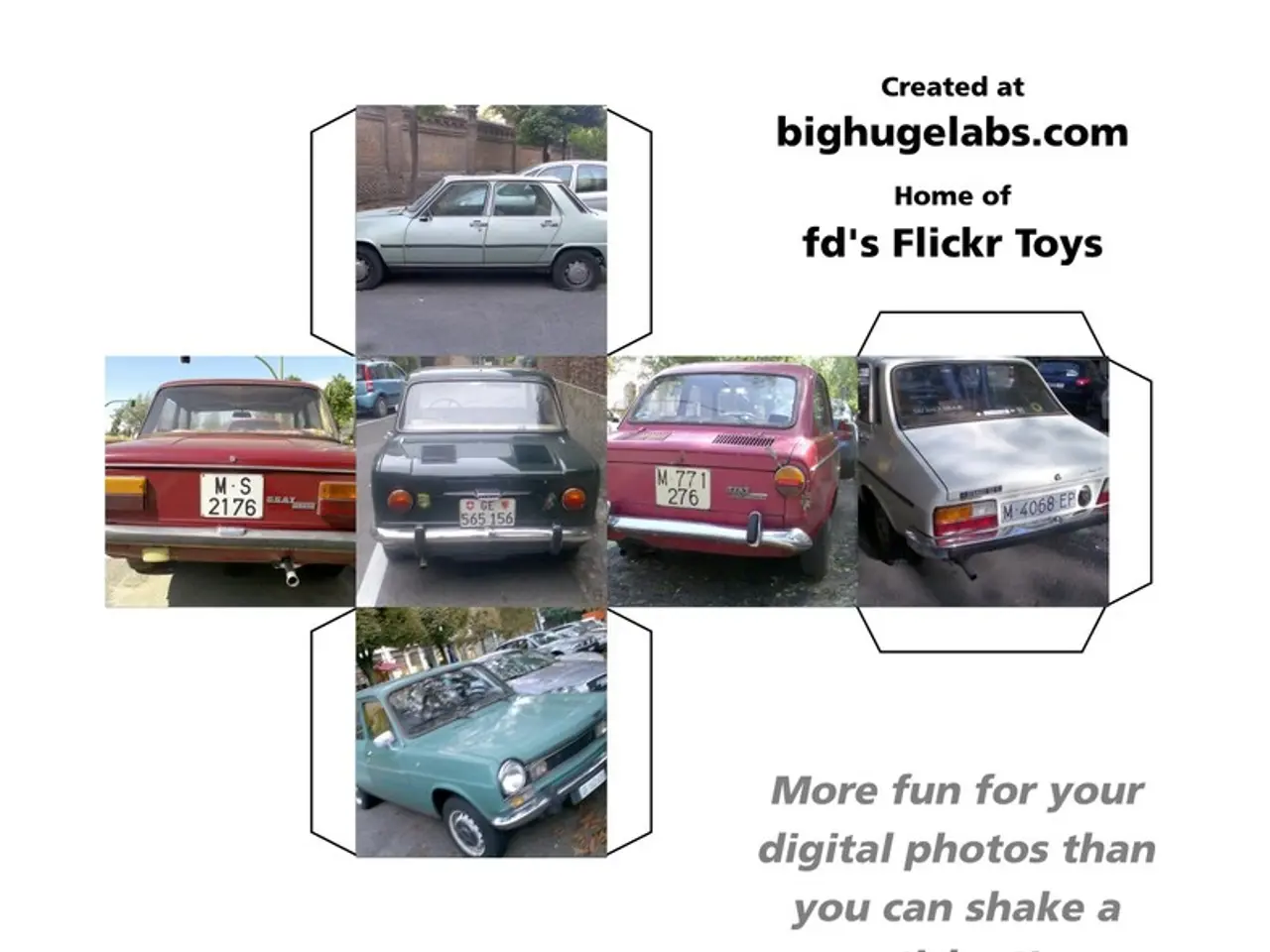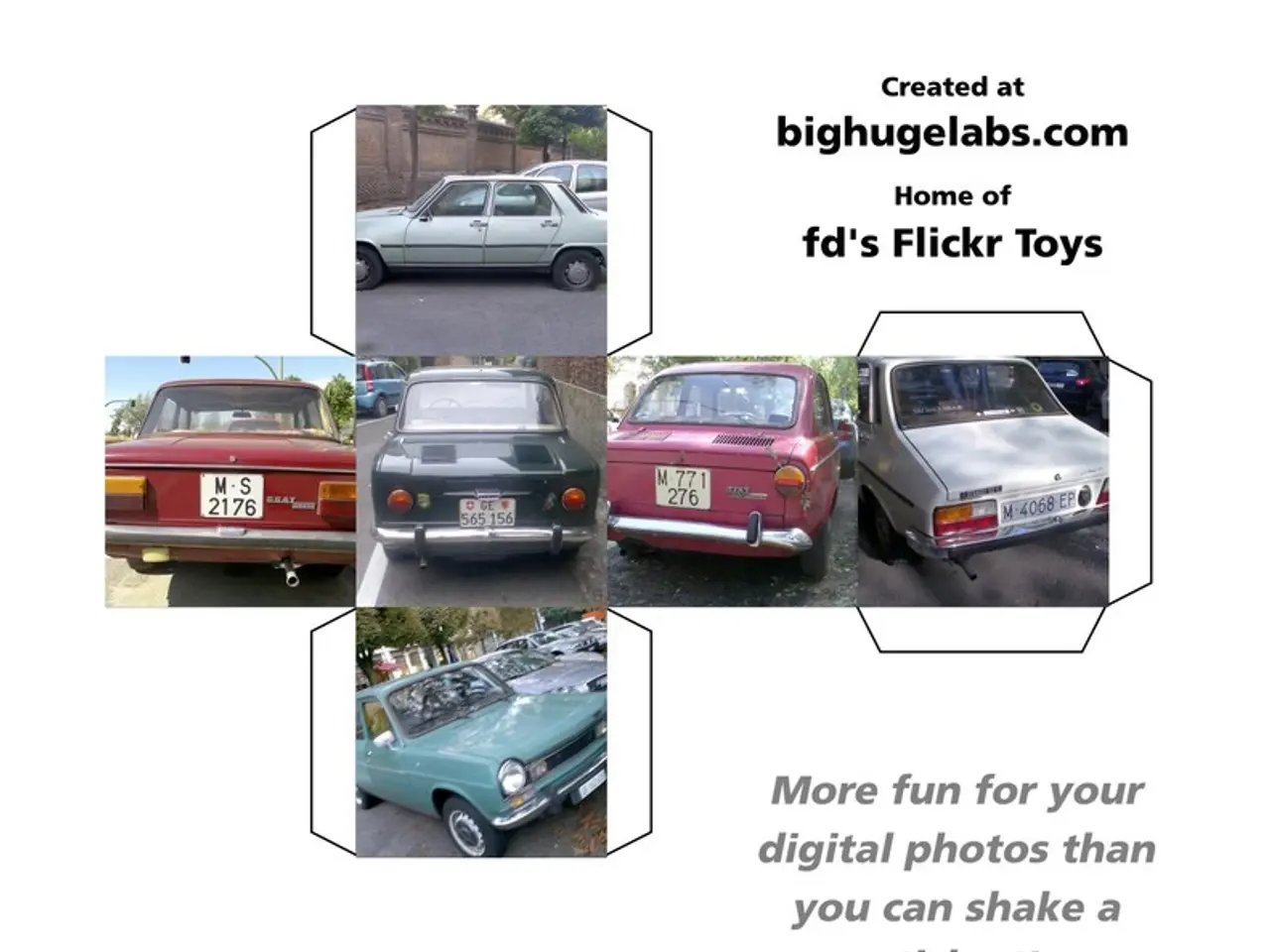Guidebook: Evolution of Hydrogen to Electric Vehicles
In the rapidly evolving world of automotive technology, the industry is making significant strides towards a sustainable future. A new eBook, accessible to subscribers, delves into this transition and the nuanced mix of technologies that are shaping powertrain solutions.
The eBook, focused on the automotive industry's transition towards sustainable powertrains, aims to provide valuable insights for fleet managers, industry professionals, and other enthusiasts. It offers a comprehensive exploration of various powertrain technologies, each playing a crucial role in the quest for an ideal solution.
Hybrid and Fully Electric Powertrains
Automakers like Toyota are emphasising hybrid and fully electric vehicles, which reduce carbon emissions by combining or replacing internal combustion engines (ICE) with electric motors and batteries. These vehicles are becoming increasingly prevalent, offering a cleaner and more efficient alternative to traditional vehicles.
Hydrogen Fuel Cell Technology
Leading pioneers such as Toyota and AVL are focusing on hydrogen fuel cell vehicles, which generate electricity via hydrogen to power electric motors, emitting only water as a byproduct. This technology, especially promising for heavy-duty transportation due to its efficiency and sustainability, is a promising avenue for the industry's green shift.
Advanced Internal Combustion Engines with Efficiency Boosters
Despite the green shift, innovative combustion engines remain relevant when used as range extenders or with enhancements like direct injection, turbocharging, jet ignition, and optimized valve timing to improve efficiency and reduce emissions. MAHLE exemplifies this with a range extender engine achieving over 42% efficiency and extended vehicle ranges.
Thermal Management Systems
Efficient thermal management modules that regulate temperatures of drive components and battery systems to enhance electric vehicle range and performance are also important, as developed by MAHLE.
Sustainable Materials and Lightweight Engineering
To complement powertrain technologies, sustainable materials such as recycled or bio-based polymers and lightweight engineering for body, chassis, and interiors help lower vehicle weight and reduce lifecycle emissions without compromising safety and performance.
Holistic Sustainable Testing and Development
Companies like AVL develop sustainable testing centers for commercial vehicles that recycle over 99% of thermal energy and recover braking energy, incorporating AI to improve development speed and reduce prototypes and resource use.
Together, these diversified technologies cover a broad spectrum from electric and hydrogen alternatives to high-efficiency combustion engines and materials innovations, reflecting a multi-pronged approach to decarbonizing automotive powertrains for a sustainable future.
For those interested in delving deeper into this topic, the eBook offers a wealth of information and insights into the powertrain solutions for a sustainable future. To access this content, simply log in or provide an email address.
The eBook sheds light on various powertrain technologies, including hybrid and fully electric vehicles, hydrogen fuel cell technology, advanced internal combustion engines with efficiency boosters, thermal management systems, sustainable materials and lightweight engineering, and holistic sustainable testing and development, all playing vital roles in the transition towards sustainable powertrains in the automotive industry.
By focusing on hydrogen fuel cell vehicles, companies like Toyota and AVL are exploring promising avenues for the industry's green shift, particularly for heavy-duty transportation.




